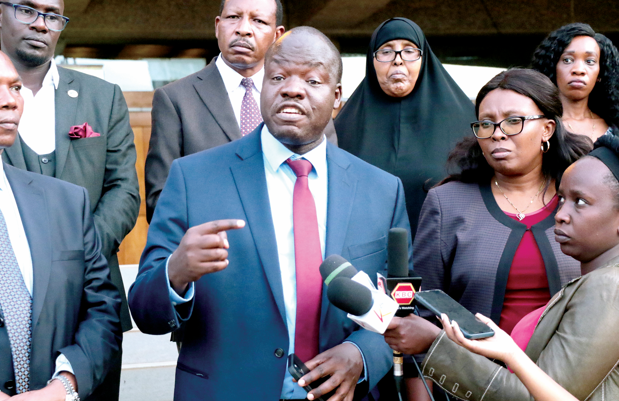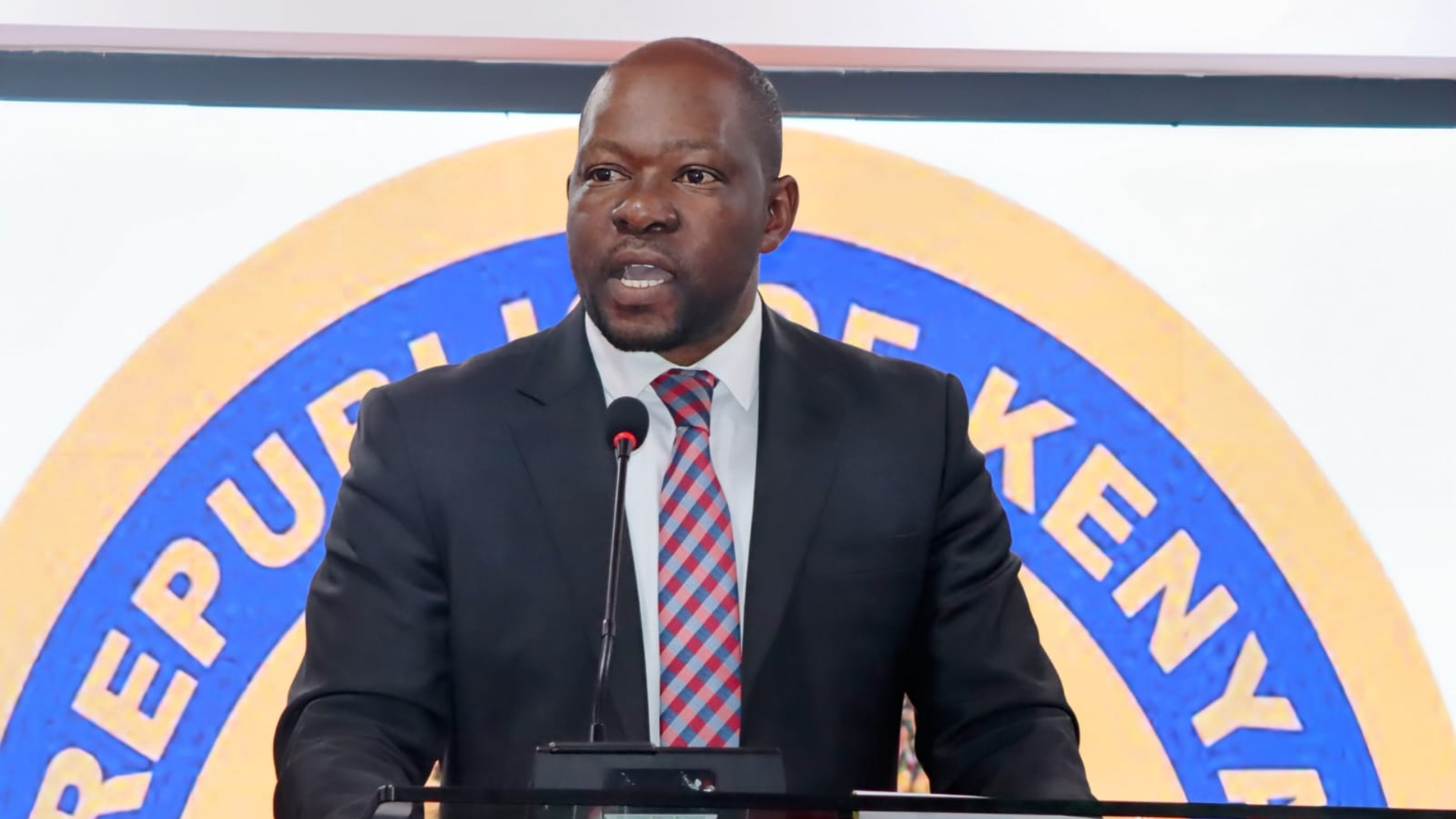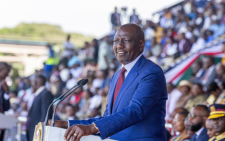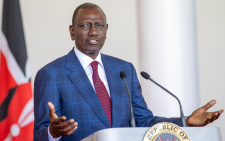Amid pre-election fever, IEBC reforms crucial

Someone once said that Kenya is always in a perpetual election mode, even just days after the results of the preceding election have been declared.
This perception persists today, with memories of the 2022 General Election intrigues dominating a political landscape replete with the same old characters and a new, vibrant young cast eager to rock the boat.
Amid burning questions on disputed past elections and electoral justice as the contentious Independent Electoral and Boundaries Commission (IEBC) goes through a renewal process, the election mode has picked up pace.
No amount of persuasion will convince politically conscious Kenyans that President William Ruto’s much-hyped “development tour” of Mt Kenya region is not a campaign gig for the 2027 presidential election.
Likewise, the number of potential candidates who have declared their interest in the top seat and other positions in Kenya’s cumbersome six-piece ballot, the one-day voting exercise is growing exponentially. The election campaign mode is on.
The ongoing selection process for new IEBC commissioners has assumed great significance for the electorate, remembering the bitter campaigns and the disputed presidential elections the commission has presided over.
History cannot be erased and memories of the 2012, 2017 and 2022 elections are still fresh, with Kenyan voters and forces fighting for democratic rights determined to ensure the controversies that dogged past voting shall not recur in 2027.
A strong bid by stakeholders, with support from individuals and organisations seeking democratic electoral reform are demanding that the IEBC strictly adheres to the “independent’ tag in its abbreviation.
The IEBC can only achieve this sacred constitutional obligation by truly remaining independent and upholding the cardinal principle of separation of powers between the Executive, the Judiciary and the Legislature.
The commission must uncloak itself from lingering perceptions of Executive interference in its affairs. Voices of democratic reform remain wary of such interference, believing that Kenyan politics and electoral processes can be better than they are.
It is time for political parties, civil society groups, academics, the media and the wider public to get into the mood and actively engage in the campaign mode for electoral reform for a better democracy, not the sleazy deceptive type we are accustomed to.
The Gen Z protests of last year, equally painful and impactful as they were, opened citizens’ eyes wide to see the political reality of our troubled nation that continues to unravel with damning revelations from the top State organs.
Enlightened Kenyans, awakened by the genuine youthful spirit that has borne the brunt of negative politics, are demanding a vision of democracy fit for the 21st century – where every vote is valued equally, and every citizen is empowered to take part.
We must not allow electoral processes to be manipulated by any scheming political power. Let us embed democracy into the heart of public debate and foster democratic spaces which encourage active citizenship, and put voters at the heart of our politics.
A significant area of electoral reform during IEBC’s renewal ritual, is the commission’s nature and structure in electoral management or delivering electoral services that urgently need refinement to enhance its independence.
Key reform issues include electoral participation and representation, voter registration, registration and oversight of political parties, and improving electoral integrity.
Specific technical or technological aspects of the electoral process, transparent procurement and employment processes, voter registration systems, voting and vote-counting methods or systems, complete the IEBC reform agenda.













